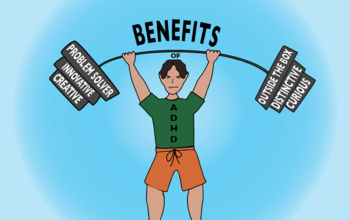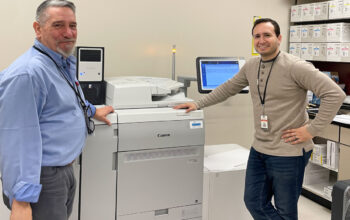Sara Conroy, Reporter
@sconroy
According to a poll conducted by the National Public Radio in January 2018, only 25% of American people have trust in Congress. The debate team, which competes in the Connecticut Debate League, teaches students to use facts and logic to build an argument that convinces people to trust their ideas.

Debate students practice techniques that are effective in competition. “We plan out and vocalize arguments on a number of different topics and also do debate-related activities,” debate team captain Johnny Renda said. “Students get a lot of review on the fundamentals of debate, which prepares them for both the speaking and formatting aspects of a typical debate tournament.”
The main goal of these meetings is to prepare members for competitions. At debate tournaments, students demonstrate their argumentative skills and some even receive awards. “An average Connecticut Debate Association tournament consists of a 60 minute planning period, followed by three 64 minute debates. In each individual debate, there are two parts: constructive where you introduce/crystallize your argument and rebuttal where you refute the arguments of your opponents,” Johnny said. “Afterward, there is a varsity final round where the two best upperclassman teams debate against each other. The awards are given out.”

Nancy Stevens, the new advisor of the debate team, who recently took over for Kristine Goldhawk when she stepped down, believes there is no skill more important than communication. “I don’t think theres a skill more important and everyone needs to communicate in their life.” Ms. Stevens said. “Public speaking will be an important skill to have in the workplace, build confidence, and students may even carry it into classrooms.”
Johnny also noted the importance of public speaking.“It is important to learn to debate because, without articulation and speaking ability, many fractious issues would not be successfully debated about and resolved,” he said. “It’s hard to imagine a world without good public speakers, as they are often the advocates for the advancement of important causes.”




